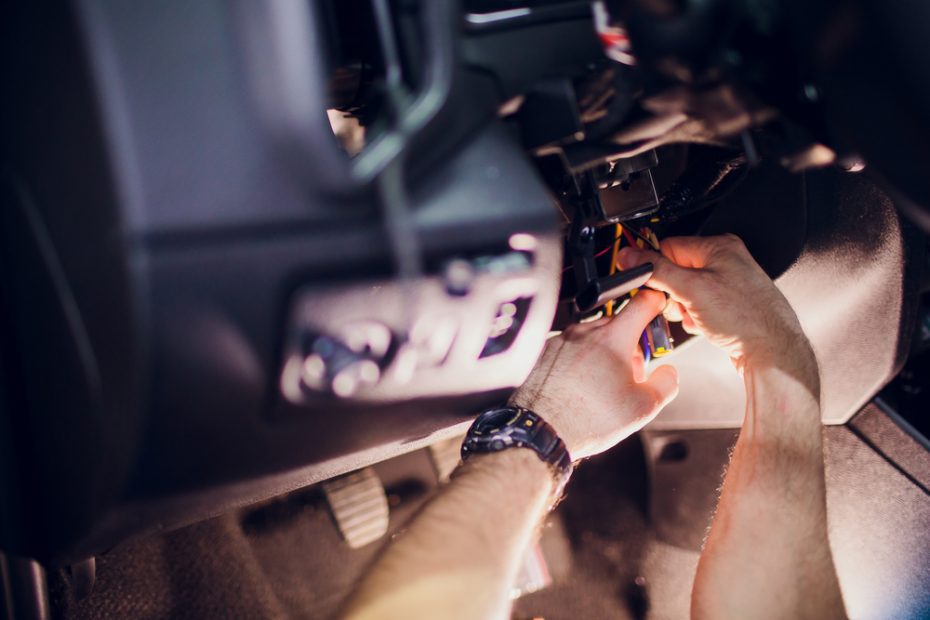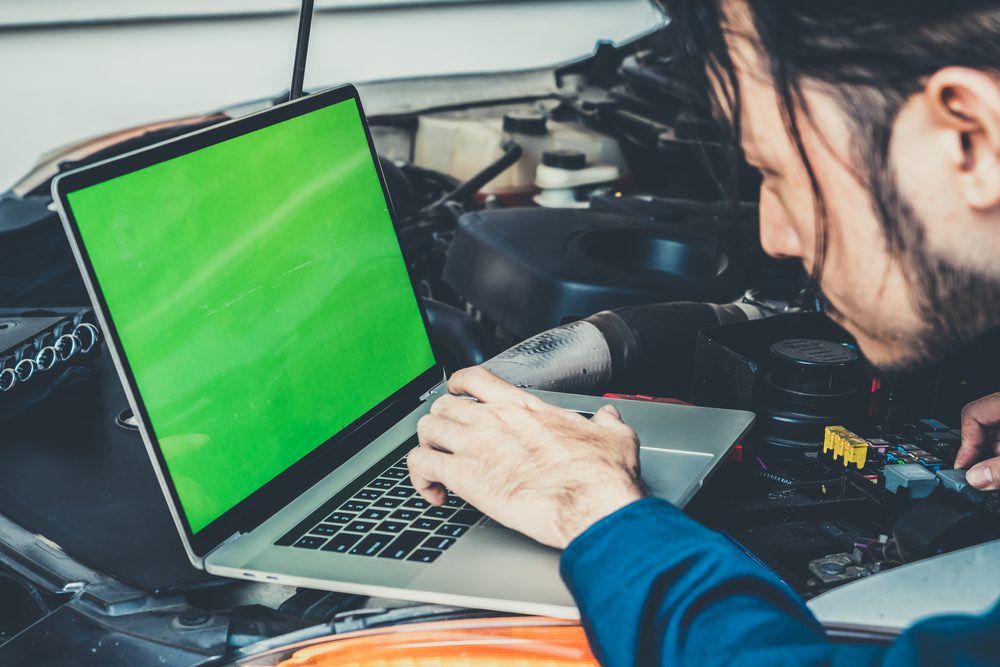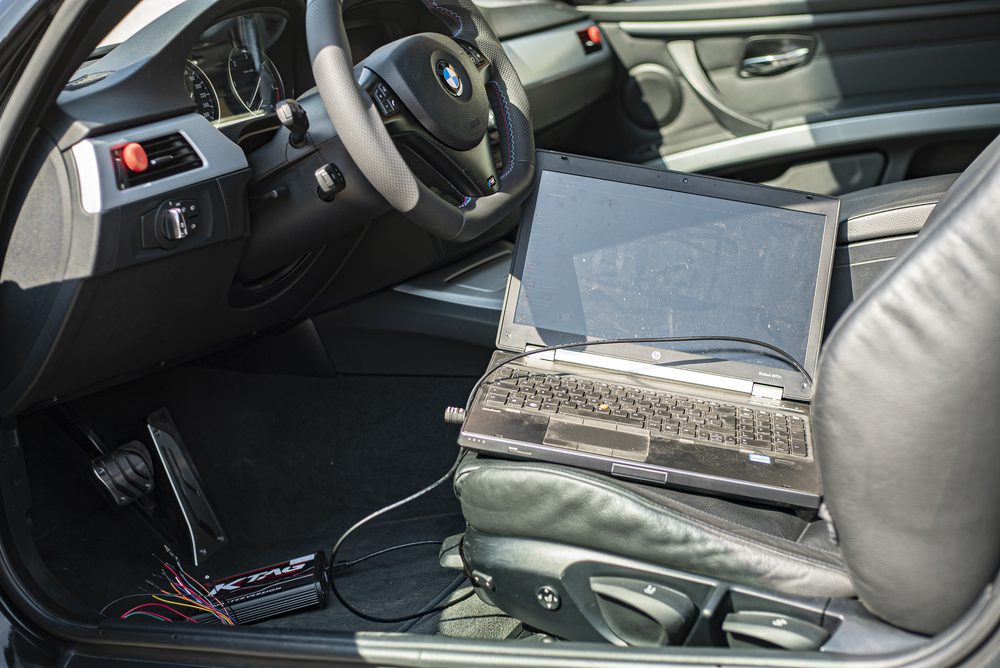Can you drive a car with a faulty ECU?
A car’s Engine Control Unit (ECU) plays a crucial role in the proper functioning of the vehicle. It is responsible for controlling various aspects of the engine, including fuel injection, ignition timing, and emission levels. So, what happens if the ECU malfunctions? Can you still drive your car safely?
Understanding the role of the ECU
The ECU acts as the brain of the car’s engine, constantly monitoring and adjusting various parameters to ensure optimum performance and efficiency. It receives data from several sensors installed throughout the vehicle, processes it, and sends commands to different components to maintain ideal operating conditions.
The potential risks of driving with a faulty ECU
When the ECU develops a fault, it can lead to a wide range of problems. As the ECU controls critical engine functions, driving with a faulty unit may result in:
- Reduced performance: A faulty ECU can cause a decrease in engine power, leading to sluggish acceleration and poor overall performance.
- Increased fuel consumption: Malfunctioning ECUs may send incorrect fuel injection signals, causing the engine to consume more fuel than necessary.
- Unreliable engine operation: Erratic idling, stalling, or difficulty starting the engine are common signs of a faulty ECU.
- Failure to meet emission standards: The ECU regulates emissions, so a malfunction can cause increased pollution and potentially make your vehicle fail an emissions test.
Seeking professional advice
If you suspect that your car’s ECU is faulty, it’s important to consult a qualified mechanic or an automotive technician to diagnose the issue accurately. They have the necessary tools and expertise to assess the condition of the ECU and determine whether it needs repair or replacement.
Remember: Driving with a faulty ECU can potentially lead to further damage to your vehicle and compromise your safety on the road. It is always recommended to address any ECU-related issues promptly.
Repairing or replacing the faulty ECU
Depending on the nature and severity of the fault, the mechanic may recommend repairing the ECU or replacing it altogether. In some cases, they might offer reprogramming services to rectify software-related issues.
If a repair is possible, it can be a cost-effective solution compared to a complete replacement. However, certain faults may require a new ECU unit, which can be more expensive.
Ensure proper ECU functioning
After repairing or replacing the ECU, it is crucial to ensure that it functions correctly. The mechanic will perform tests and checks to confirm that the new or repaired ECU is communicating effectively with all the sensors and components.
Regular maintenance and inspections of your car’s ECU are also advisable to prevent potential issues. Keeping your vehicle’s electrical connections clean and secure can help maintain the optimal performance and lifespan of the ECU.
What happens when ECU fails?
The Engine Control Unit (ECU) is a vital component in your car’s engine management system. It is responsible for controlling various aspects of the engine’s operation, such as fuel injection timing, ignition timing, and emissions control. When the ECU fails, it can have serious implications for the performance and safety of your vehicle.
Effects on the engine:
A faulty ECU can cause a range of problems with the engine. The most common symptoms include:
- Difficulty starting the engine
- Engine misfires
- Poor fuel efficiency
- Loss of power
Effects on vehicle performance:
When the ECU fails, it can also affect other systems in your vehicle, leading to a decline in overall performance. For example:
- Transmission issues, such as erratic shifting or failure to shift
- Problems with the anti-lock braking system (ABS)
- Issues with the electronic stability control (ESC)
- Malfunctioning dashboard gauges and warning lights
Safety implications:
A faulty ECU can compromise the safety of your vehicle. Without proper engine management, you may experience unexpected stalling, loss of power, or difficulty controlling the vehicle. This can increase the risk of accidents, especially in critical situations.
Can you drive a car with a faulty ECU?
Driving a car with a faulty ECU is not recommended. While it may be possible to drive the vehicle for a short distance, the risks associated with a malfunctioning ECU outweigh any potential benefits. It is essential to have the ECU repaired or replaced as soon as possible to ensure the safety and optimal performance of your vehicle.
If you suspect that your ECU is faulty, it is advisable to consult a qualified mechanic or take your car to a reputable repair shop. They will be able to diagnose the issue and recommend the appropriate course of action.
How do I know if my car needs a new ECU?
1. Check Engine Light
One of the most common signs of a faulty Engine Control Unit (ECU) is when the Check Engine Light on your dashboard illuminates. This warning light indicates that there is a problem with one or more of the vehicle’s systems and should not be ignored.
2. Poor Performance
If you notice a significant decrease in your car’s performance, such as reduced power, sluggish acceleration, or difficulty starting, it could be a sign of a faulty ECU. The ECU controls various engine functions, so any abnormalities in its operation can affect overall performance.
3. Engine Misfires
A faulty ECU can lead to engine misfires, which are characterized by a noticeable shaking or vibration coming from the engine. If you experience this, it’s essential to have your car checked by a qualified mechanic as soon as possible.
4. Unresponsive or Inconsistent Throttle Response
Another indication of a potential ECU issue is when you notice delays or inconsistencies in the throttle response. This means that pressing the gas pedal doesn’t immediately result in the expected acceleration, or the response is not consistent.
5. Problems with Fuel Efficiency
A malfunctioning ECU can also impact your car’s fuel efficiency. If you find that you are suddenly getting poor gas mileage or notice a significant decrease in the number of miles covered per tank of fuel, it’s worth considering an ECU inspection.
6. Difficulty Starting the Engine
When the ECU fails, it may cause difficulties starting the engine. You might experience extended cranking times, multiple attempts to start, or even complete engine failure to ignite.
7. Error Codes
If you have access to an OBD-II scanner, you can use it to check for error codes related to the ECU. These codes provide valuable information about specific issues affecting your vehicle and can help diagnose whether a new ECU is needed.
8. Professional Diagnosis
If you are unsure whether your car’s ECU needs replacing, it is best to consult a qualified mechanic or diagnostic specialist. They have the necessary tools and expertise to accurately determine if the ECU is at fault and recommend the appropriate course of action.
In conclusion, if you experience any of the aforementioned signs, it is crucial to address the issue promptly. A faulty ECU can impact your car’s performance and overall driving experience. Remember to consult a professional to assess the situation accurately and decide whether a new ECU is necessary.
Quote: “The ECU acts as the ‘brain’ of your car, so keeping it in good condition is vital for optimal performance.”
Conclusion
In summary, driving a car with a faulty ECU is not recommended. It can lead to decreased performance, increased fuel consumption, unreliable engine operation, and potential failure to meet emission standards. Seeking professional advice and prompt repair or replacement of the ECU are vital to ensure your vehicle’s safety and longevity.



